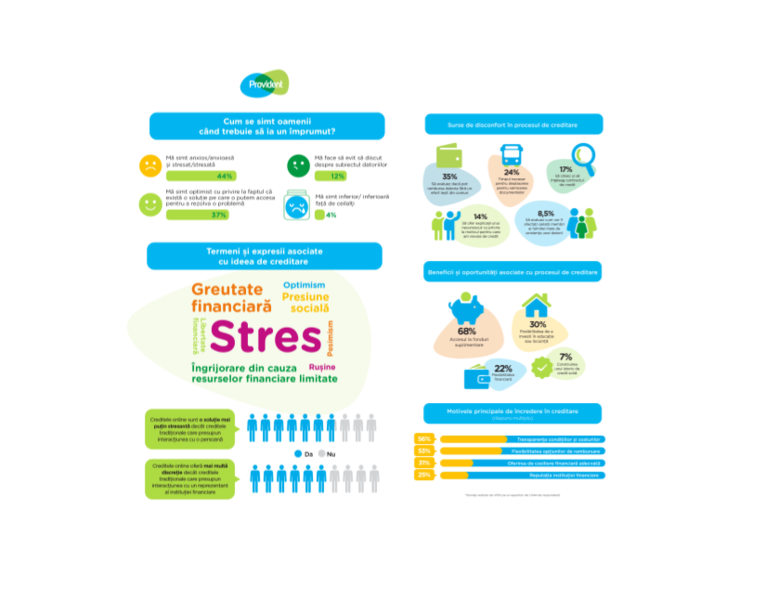Moody's public release:
"Romania's A1 foreign currency ceiling and Baa3 government bond ratings, with a stable outlook, continue to reflect the country's significant economic and institutional improvements over the past decade, Moody's Investors Service says in its new credit analysis on Romania.
Moody's said Romania's ratings are anchored by the progress made in implementing structural economic reforms leading up to its EU entry in January 2007, as well as the low government debt burden and ample external liquidity. However, the government's ratings also reflect a number of ongoing transition-related challenges, particularly rapid credit growth, the large current account deficit and rising external debt.
"Romania's EU membership has spurred higher investment and microeconomic restructuring, leading to stronger and more stable economic growth. Structural reform, primarily during the EU accession process, strengthened monetary policy and low government debt levels also support the ratings," says Kenneth Orchard, a Moody's Vice-President/Senior Analyst and author of the report.
That said, the overall level of economic development is still modest compared to that of Western European countries, and it will take several decades for the gap to be closed. Romania's ratings are also still low compared to those of other new EU members (except Bulgaria), according to the analyst.
"This is due to a number of factors, including inconsistent fiscal policy, the still large structural reform agenda and the risks associated with the country's steep and rapid transition, such as the large current account deficit and rapid credit growth," explains Mr Orchard.
He said that such imbalances are most likely aggravated by the pro-cyclical nature of the government's fiscal policy, frequent salary raises for public servants and large increases in pensions. Multiple and frequent revisions to the annual budget demonstrate a weak connection between the budget and economic development planning, in Moody's view.
The rating agency believes that a traditional balance of payments crisis is unlikely given that bank credit, which is primarily financing the locally driven investment and consumption, is mostly supplied through foreign parent banks to their Romanian subsidiaries, and much of the foreign-driven investment comes with financing attached.
"The large external deficit poses some risks to macroeconomic stability, with the current global financial turmoil having increased the possibility of an external shock causing economic dislocation over the next 12 to 18 months. Nonetheless, Moody's analysis indicates that the government and banking system could withstand a moderate economic shock at the current rating level," Mr Orchard notes."




















